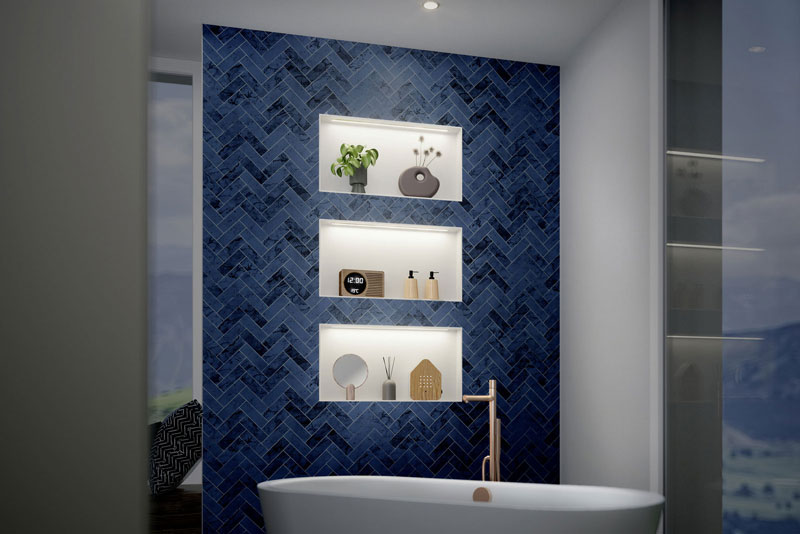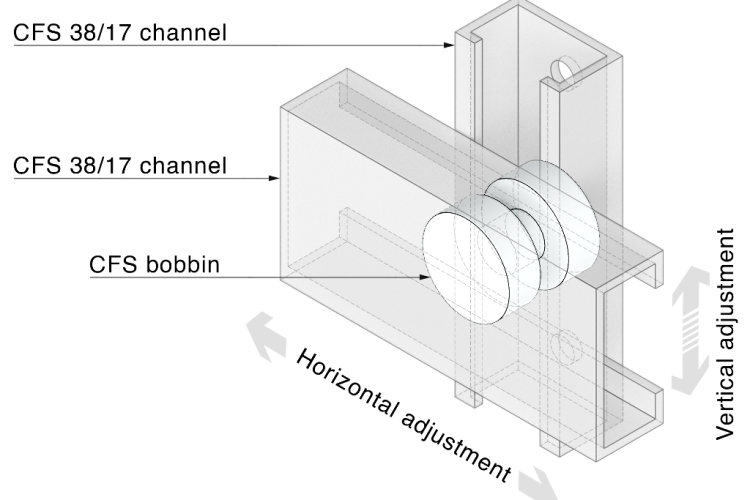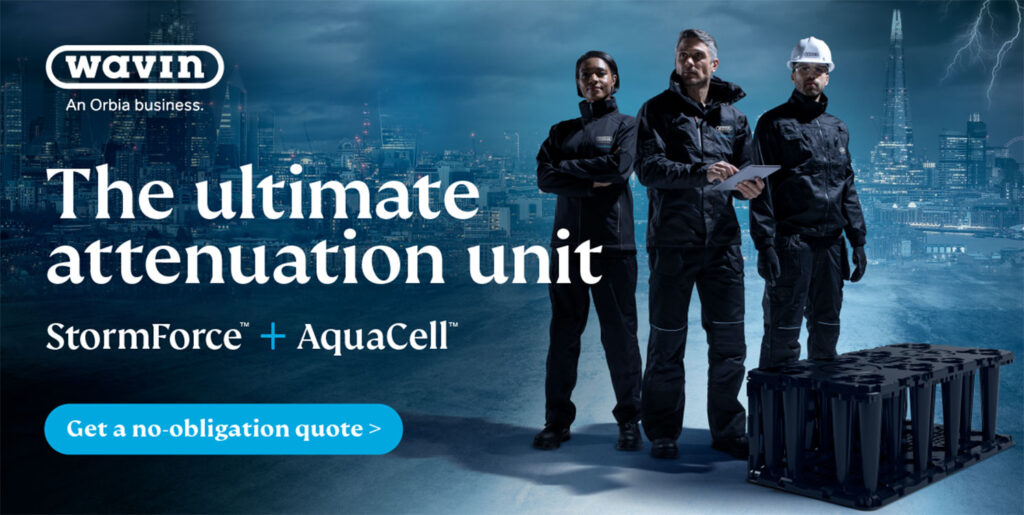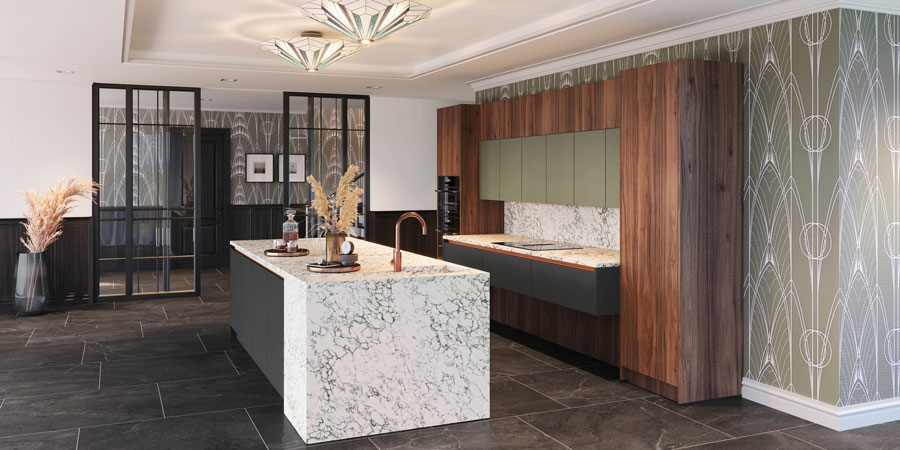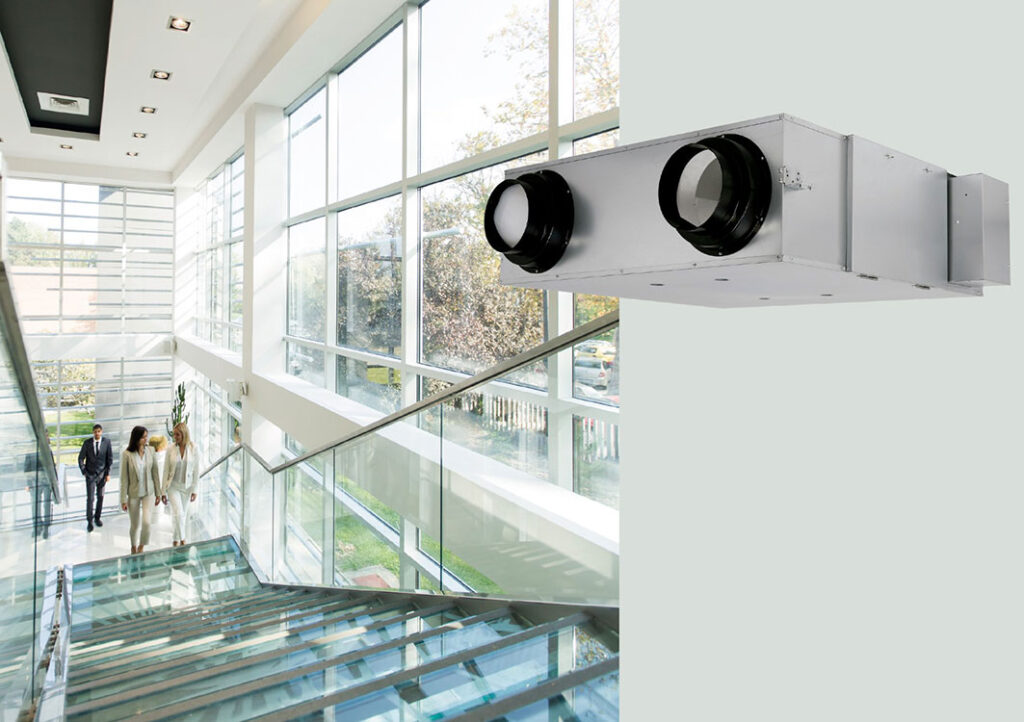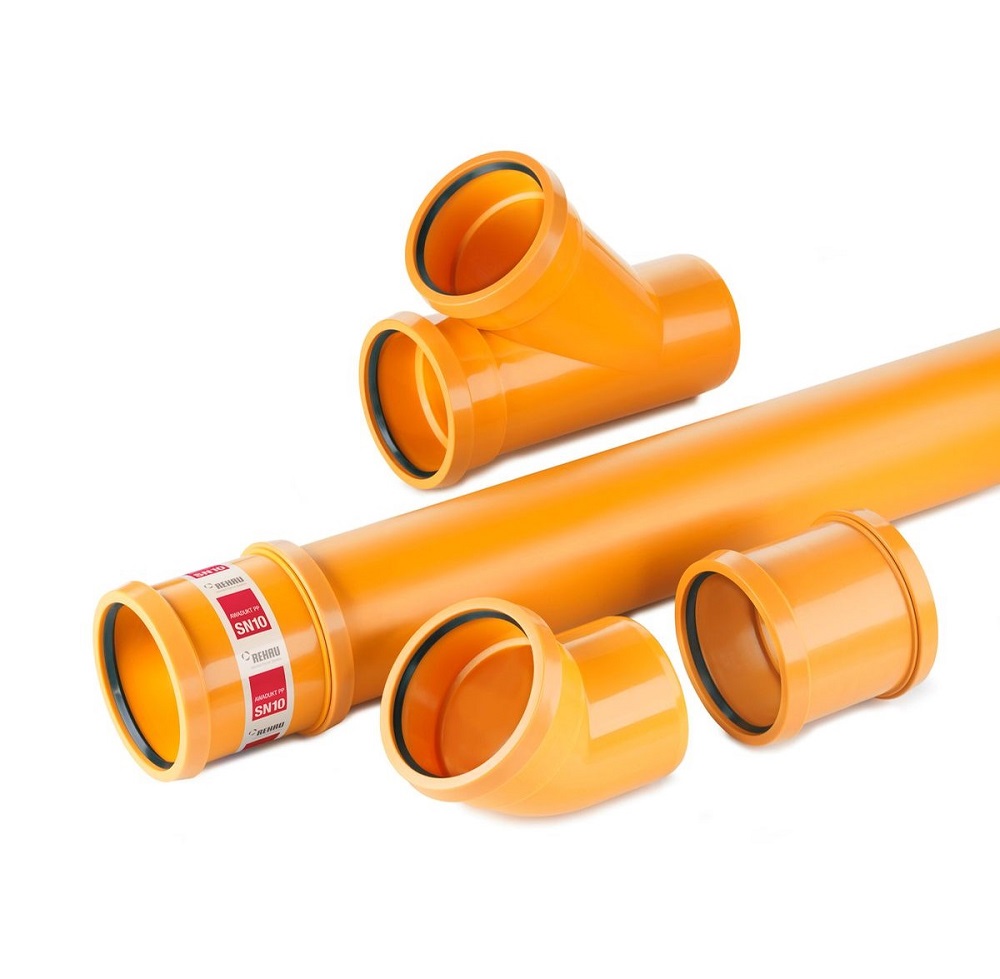Deceuninck quadruples PVC recycling capacity to 45,000 tonnes per year

Deceuninck Group has announced it has put a new recycling facility into service at its recycling and compounding site in Diksmuide, Belgium.
The new recycling line will allow Deceuninck to recycle up to 45,000 tonnes of PVC-U a year. Input material will be sourced from post-industrial waste collection (own scrap and customers off-cuts), as well as from the huge amount of 30-40-year-old first generation PVC-U windows which are gradually being replaced.
This investment is said to confirm Deceuninck’s belief in PVC-U as a sustainable and future-proof material for the building industry. Thanks to its low thermal conductivity, PVC-U window profiles have three times the heat insulation efficiency of aluminium profiles. During the lifetime of the windows as well as during production and end-of-life recycling, the energy consumption and CO2 emission of PVC-U windows is less than half of its aluminium counterparts. Thanks to the high recyclability of PVC-U, it can be reused almost endlessly without loss of quality. On top of this, according to estimations by VinylPlus, for each kg of PVC-U recycled, 2 kg of CO2 is saved. Finally, the Deceuninck recycling facility will save more than 2 million windows per year from landfill or incineration.
The installation includes the latest technology which will enable Deceuninck to recycle PVC-U profiles of all colours and of all different compositions, including those containing glass-fibre. During the recycling process, all contaminations are removed, grinded and sorted by colour. After granulation, the recycled material, which is a perfect alternative to virgin material, is used for the extrusion of new PVC-U window profiles.
Francis Van Eeckhout, Deceuninck CEO, said: “This investment underlines the ecological ambition of both Deceuninck and our customers. The increasing use of recycled materials will further reduce the ecological footprint of our products and of our production processes. It will also reduce dependency on virgin material supply and mitigate to a certain extent the negative effect of fluctuating raw material prices.”
Rob McGlennon, Deceuninck UK managing director, said: “It’s important for us to close the loop and make our processes as sustainable as possible. Deceuninck’s new recycling plant, close to our worldwide headquarters in Belgium demonstrates this commitment to sustainability.”















